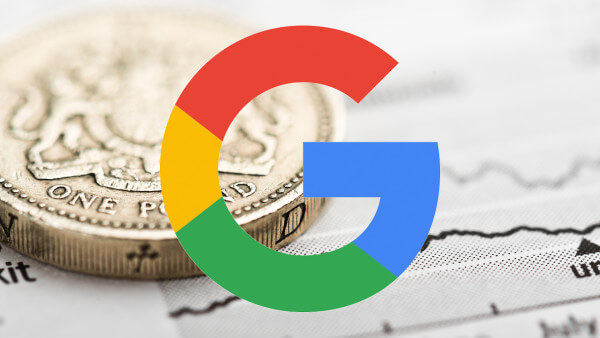What to consider before Google starts passing the taxes onto advertisers in November.
What’s changing? Starting November 1, advertisers running ads in these countries will be charged an additional:
- 2% in the UK.
- 5% in Austria.
- 5% in Turkey.
In addition, “The new fees will be subject to any taxes, such as sales tax, VAT, GST, or QST that apply in your country. Any taxes, such as sales tax, VAT, GST, or QST that apply in your country will be charged in addition to the new fees,” Google notes on its help page about country-specific fees.
The UK’s DST has been in the works for a couple of years and was announced in March. The tax is aimed at collecting revenues from digital companies with at least £500 million in global revenue and £25 million in U.K. revenue, such as Google, Amazon, Facebook.
Not just Google. In early August, Amazon alerted sellers that it will pass on the UK’s 2% DST to them starting September 1. That fee applies to referral fees, fulfillment by Amazon (FBA) fees, monthly FBA storage fees and multichannel fulfillment (MCF) fees, the company said.
“Typically, these kinds of cost increases are borne by customers and like other companies affected by this tax, we will be adding a fee to our invoices, from November,” a Google spokesperson told the UK’s City A.M.
It’s not clear if Facebook has plans to pass these taxes on to advertisers as well. As of January 1, it began adding the 6% service tax on ads sold in Malaysia to advertisers’ invoices.
How to prepare for this change
Budgeting. Note that these fees will be added “on top of your account budget,” so be prepared to factor that in to your budgeting process.
“These fees will also be added on top of your account budget if you’ve set up one. For example, if you have a budget of €100 and accrue €5 in Austria DST Fees for ads served in Austria, you’ll be billed €105 (plus any taxes, such as VAT, that may apply in your country),” says Google on the help page.
In addition, “If you pay through manual payments or make a prepayment on your automatic payments account, these fees may be charged after your payment has been fully spent.”
Start evaluating the impact now. This also means the taxes won’t be reflected in the cost per conversion metrics in your campaign reporting.
If you market goods and services via Google Ads in the UK, Austria and/or Turkey, be prepared to factor the respective taxes into your costs-per-acquisition (CPAs) starting in November. You can start looking at your performance now to get a sense of what your new acquisition costs will look like and changes you should plan to make to try to keep your campaigns efficient.
E-commerce sellers, for example, should look at the impact of these taxes on their product margins.
Targeting settings. Advertisers should take a look at their campaign settings, Greg Finn, partner at digital agency Cypress North, advised on Twitter. With this extra passed-on charge, the “People in or regularly in your targeted locations” setting takes on new risk, Finn notes. “Make sure you set up Turkey, Austria & UK location exclusions if don’t want to serve there!” he said.

